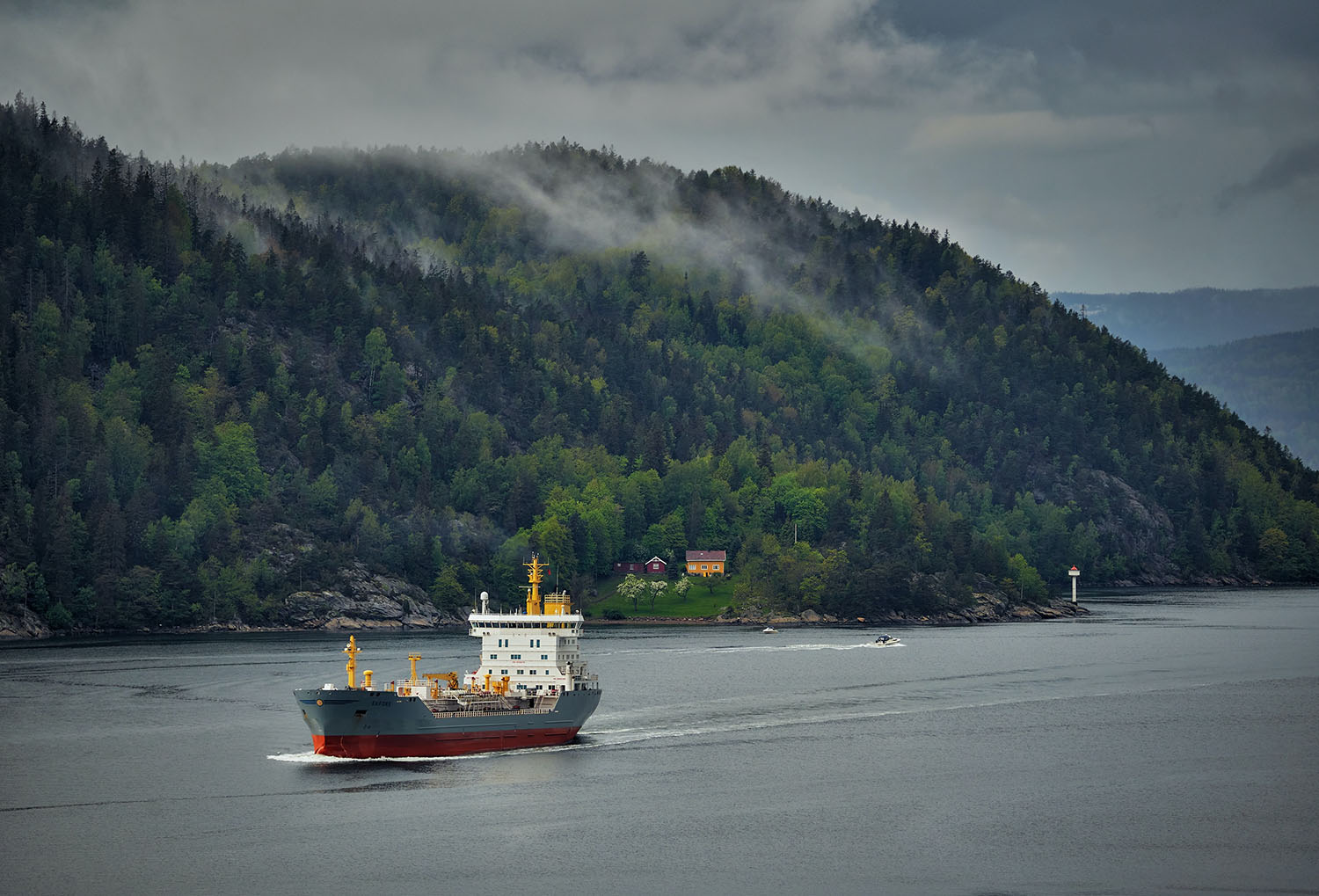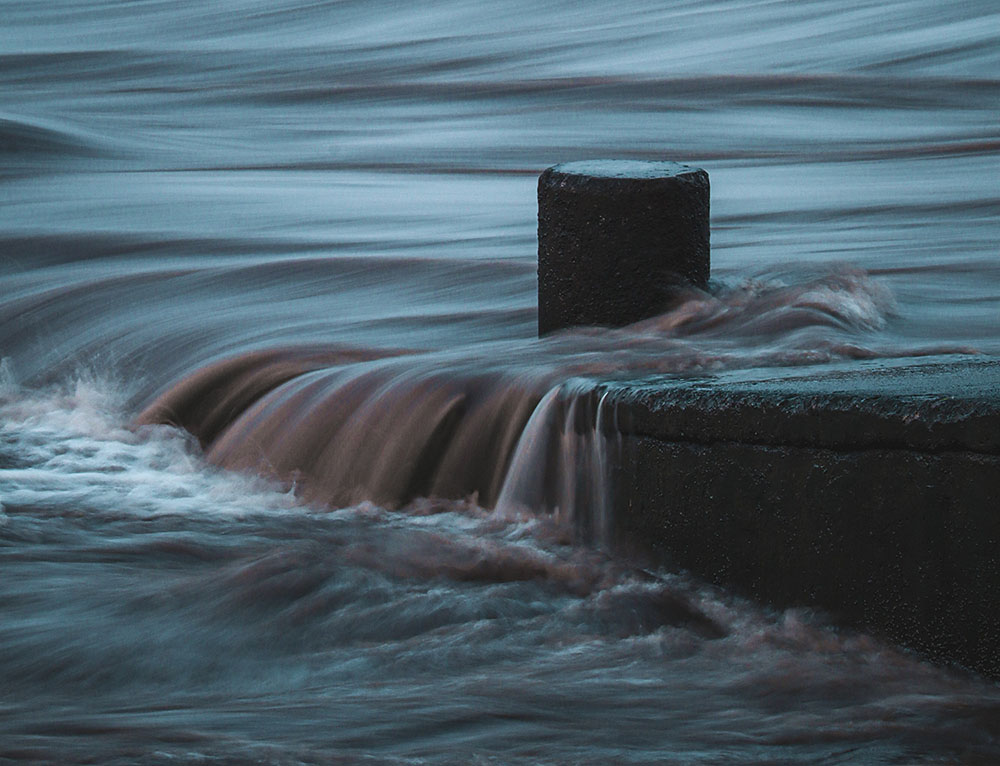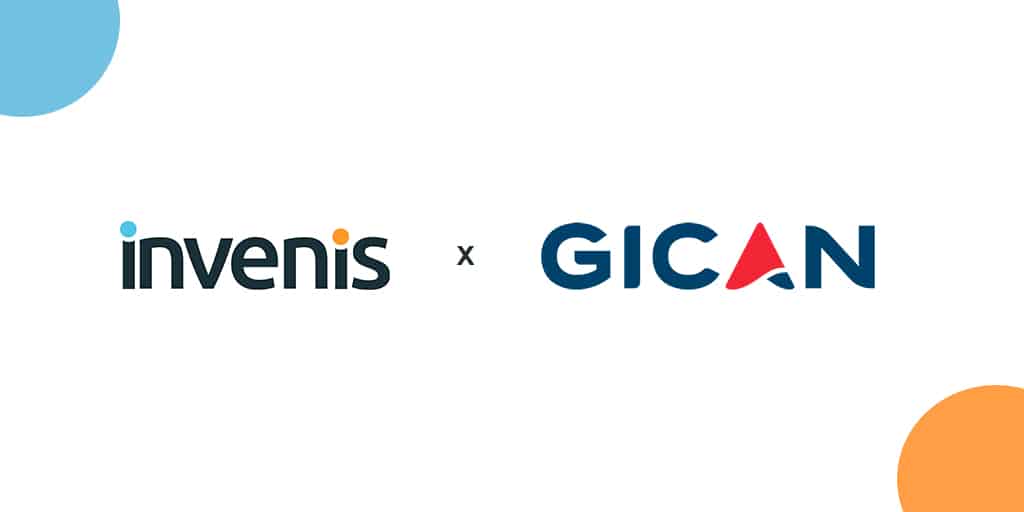Le traitement des données est un enjeu crucial de l’industrie. Cet enjeu est encore plus important lorsque l’on parle d’industrie de la défense dans lequel les enjeux de sécurité, pour les équipements et les équipes, sont importants.
A l’occasion de l’entrée d’Invenis au GICAN, nous avons eu la chance de nous entretenir avec son vice-président pour aborder les sujets d’innovation dans le domaine naval.
Rencontre avec Louis Le Pivain, Vice-président du GICAN et Ingénieur général de l’armement (2s).
Invenis – Bonjour, pouvez-vous nous présenter le GICAN en quelques mots ?

Louis Le Pivain – Le GICAN est un syndicat professionnel, un groupement d’entreprises qui travaillent dans le domaine naval. On y retrouve des entreprises de construction navale, des équipementiers…
Le point commun de toutes ces entreprises est l’activité marine et navale sous l’angle industriel. Aujourd’hui nous regroupons 268 entreprises membres.
Le GICAN vise à créer des relations fortes entre ses membres pour créer une cohérence, une équipe forte d’industriels navals en France, défendre les intérêts de ces entreprises dans ce milieu vis-à-vis des institutions publiques et par ailleurs optimiser et faciliter la mise en place de projets au sein de l’industrie navale.
Nous regroupons nos membres pour réfléchir à des thématiques d’importance dans le domaine via des réunions en comités et la mise en place de groupes de travail.
L’exploitation des fonds marins représente par exemple un intérêt fort, tant dans les informations qu’ils contiennent que par les données qui y transitent. D’ailleurs, saviez-vous que 90% des informations intercontinentales transmises dans le monde passent par des câbles sous-marins ?
Il faut donc savoir poser ces câbles dans de bonnes conditions et être capable de les protéger. Plusieurs de nos membres travaillent sur ce sujet.
Quels sont les défis auxquels sont confrontées aujourd’hui les industries navales ?
En quoi la donnée peut-elle être une solution à ces défis ?
Louis Le Pivain – Aujourd’hui l’industrie navale civile rencontre de gros problèmes d’approvisionnement en matières premières. Depuis la crise du Covid, les équipementiers ont des difficultés à s’approvisionner en acier ou en aluminium, soit pour des raisons de disponibilité, soit pour des questions de prix.
C’est un des points sur lesquels nous sommes particulièrement attentifs.

Sur le plan militaire, les enjeux sont un peu différents. Le ministère des Armées nous demande de nous positionner en économie de guerre dans la logique du conflit entre l’Ukraine et la Russie.
Il faut que nous puissions être capables de monter en puissance en termes de productivité et donc par exemple, là où nous produisons une unité tous les six mois, pouvoir produire une unité tous les deux mois. Cela demande une adaptabilité forte au niveau industriel.
Je vous parle de bateaux mais le sujet est encore plus vrai au niveau des consommables qui doivent pouvoir être construits dans de plus brefs délais. Les outils de production doivent pouvoir être adaptés et l’enjeu est énorme.
C’est à mon sens à ce niveau que la donnée a un rôle à jouer.
Déjà, en nous permettant de nous appuyer sur des moyens informatiques qui viendront épauler le travail des producteurs.
Mais aussi parce que l’enjeu repose sur notre capacité à avoir des équipements disponibles et prêts à l’action. Dans un deuxième niveau, l’enjeu de maintenance dans les équipements existants est primordial. Et on peut optimiser la maintenance pour améliorer la disponibilité des équipements grâce à la donnée.
Dans notre jargon, on parle de « MCO », de Maintien en Condition Opérationnelle. C’est un sujet prioritaire sur lesquels nos membres travaillent beaucoup dans le domaine de la Marine militaire, et cela se fait avec le Service de Soutien de la Flotte (le SSF).
Quelle place occupe le traitement des données dans le développement de l’innovation dans l’industrie navale civile et militaire ?
Louis Le Pivain – Le traitement des données prend de plus en plus de place et permet d’optimiser la rentabilité de ce qui est mis en œuvre dans l’industrie navale.
Maintenant, nous sommes face à des quantités de plus en plus importantes de données, sur des formats de plus en plus différents. Or, le traitement de la donnée est au cœur des enjeux du secteur de la défense qui est une industrie de l’information.

Dans le domaine des grands fonds par exemple, il y a un volume de données énorme et des données qui sont totalement hétérogènes. Savoir exploiter les données des grands fonds est absolument important et fondamental !
Pourquoi ? Tout d’abord pour avoir une meilleure connaissance de ces grands fonds. Par exemple, les différents sous-marins nucléaires se meuvent dans les grands fonds intermédiaires, dont je me garderai bien de dévoiler la profondeur maximale.
On récolte déjà de nombreuses données dans ces fonds, mais on est avide d’en avoir plus et de les comprendre, pour améliorer la capacité d’écoute de nos sous-marins d’attaque et leur capacité de détection de sous-marins ennemis.
Ensuite, l’eau est un milieu anisotrope avec des ondes sonores qui ne se déplacent pas en ligne droite, et peuvent rebondir sur des surfaces intermédiaires, comme sur un miroir par exemple dans le cas d’inversion de gradient de température… Il faut savoir exploiter, traiter ces données particulières. Et parmi elles, identifier l’information pertinente, le signal faible qui nous permettra d’identifier par exemple un sous-marin ennemi extrêmement discret pour qu’on puisse éventuellement le détruire.
Le sujet de l’exploitation des données des fonds marins est un sujet qui n’est pas nouveau mais sur lequel il y a eu peu de progrès depuis une trentaine d’années. Le champs des possibles est important et touche des enjeux industriels, des enjeux de défense mais aussi des enjeux écologiques.
Quelle sera d’après vous la prochaine révolution technologique dans l’industrie navale ?
Louis Le Pivain – Dans l’industrie navale, le sujet de la souveraineté revient en force depuis deux ans.
Les problématiques sont différentes selon que l’on parle de l’industrie navale civile ou militaire.
Dans le domaine militaire, les données sont confidentielles et la production de nos équipements sont ancrés dans un savoir-faire français. Nous ne dépendons pas de solutions extérieures à la France, sauf dans quelques cas particuliers tels que les catapultes. Sur le porte-avion Charles De Gaulle par exemple, il y a des catapultes à vapeur fabriquées par l’américain General Atomic. Sur le prochain porte-avion, elles seront électromagnétiques et toujours construites aux Etats-Unis. Mais cela reste, heureusement, un cas rare dans l’industrie de la défense puisque la quasi-totalité des équipements sont construits en France ou en Europe.
Dans la Marine de commerce, c’est très différent.
En 1980, 74% de la flotte marchande française était construite en France. C’est moins de 10% aujourd’hui.
Il y a un réel enjeu collectif pour qu’il y ait de la construction navale civile française. Certains chantiers français, comme, par exemple Les Chantiers de l’Atlantique, auront dans quelques années une concurrence redoutable en Chine. Cela pose des problèmes dans la sécurisation et le risque d’interception de nos données.
Prenons un exemple. La société Orange dispose d’un câblier utilisé pour mettre à l’eau les réseaux de communication transocéaniques. Ce câblier n’a pas été construit en France.
Cela me semble très dangereux à terme, notamment en ce qui concerne la souveraineté des données transocéaniques. Si vous utilisez des entreprises qui ne sont pas souveraines pour la mise à l’eau des câbles, vous prenez le risque de la préemption de l’information par des intrus qui ne doivent pas disposer de ces informations.
Cela n’est pas spécifique au domaine naval, mais il y a une nécessité de protéger nos données numériques et des entités comme l’ANSSI ou la DINUM jouent un rôle essentiel pour que les données des industriels français et les industriels navals soient protégés des intrusions et des actions de malveillance. D’où l’intérêt de passer par des entreprises françaises pour accompagner la révolution technologique de l’industrie navale !
Invenis vient d’intégrer le GICAN.
Quels sont les bénéfices qu’une société comme Invenis apporte au GICAN ?

Louis Le Pivain – Je crois qu’il est absolument nécessaire de protéger les données sensibles dans le domaine du naval et Invenis apporte des solutions novatrices dans le traitement et la protection des données des entreprises du naval.
Comme vu ensemble au cours de cet échange, l’industrie navale rencontre des enjeux de traitements et de compréhension de données en masse et de formats très variés. Il est indispensable de retrouver des partenaires français et performants notamment pour accompagner la production et la maintenance des équipements. Invenis est au cœur d’une reprise par l’industrie navale française de sa souveraineté.
Je suis sûr qu’il y aura des interactions constructives et positives entre Invenis et les membres du GICAN. Ils se sentiront soutenus dans le traitement de toutes leurs données, même hétérogènes.
Ancien élève de l’École polytechnique et de l’École nationale de techniques avancées, branche mer, Louis Le Pivain est vice-président du Groupement des industries de construction et activités navales (GICAN), membre de l’Académie de marine, ingénieur général de l’armement (2s), président de Kermenez SAS, conseiller du commerce extérieur de la France.
Auditeur de la 34è session du CHEAr, il est membre du comité des Sages de 3AED-IHEDN. Auditeur de la 15e session IHESI, il est secrétaire général de l’Association nationale des auditeurs Sécurité /Justice (ANA-S/J). Louis Le Pivain est maire adjoint à Viroflay, il est président du comité de Viroflay du Souvenir Français et du comité de la SMLH.
Pour en savoir plus :
- GICAN – https://gican.asso.fr/
- Invenis rejoint le GICAN – https://invenis.co/defense-et-securite/invenis-rejoint-officiellement-le-gican/
- Autres articles de M. Louis Le Pivain – https://www.caia.net/revue-auteurs-rubriques-numeros/article/des-sna-francais-vendus-au-canada-un-reve-collectif-qui-fut-proche-du-succ%C3%A8s/530
- Invenis accompagne les acteurs de la défense dans le traitement de leurs données massives – https://invenis.co/solutions/defense-et-securite/